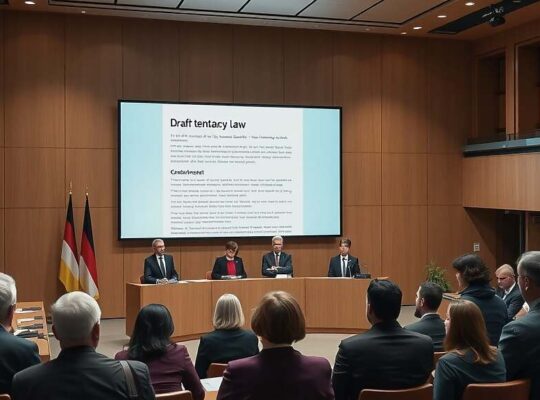Government proposals to incentivize longer working hours in Germany through tax incentives for overtime and a new “active pension” scheme are unlikely to yield significant results, according to a leading economic advisor.
Martin Werding, a member of the German Council of Economic Experts, expressed skepticism regarding the effectiveness of these measures in a recent interview. He pointed out that the concept of tax-free overtime compensation has previously been tested in France without producing substantial changes in working patterns.
The government’s plan to allow individuals who continue working beyond the statutory retirement age to receive up to €2,000 monthly in tax-free “active pension” income is also projected to have a limited impact on retirement behavior. Werding suggested that individuals who were already inclined to remain in the workforce would simply benefit from the tax relief, rather than being motivated to significantly extend their working lives.
Instead, Werding advocates for more sustainable and mathematically sound approaches to encouraging longer working lifetimes. These include gradual increases to the statutory retirement age, beginning in 2031 and a reassessment of the current discount rates applied to individuals who retire early. He argued that existing discount calculations do not adequately account for extended pension payouts. Furthermore, he believes the elimination of options for early retirement without penalties – currently allowing some individuals to retire at age 63 – should be prioritized.












